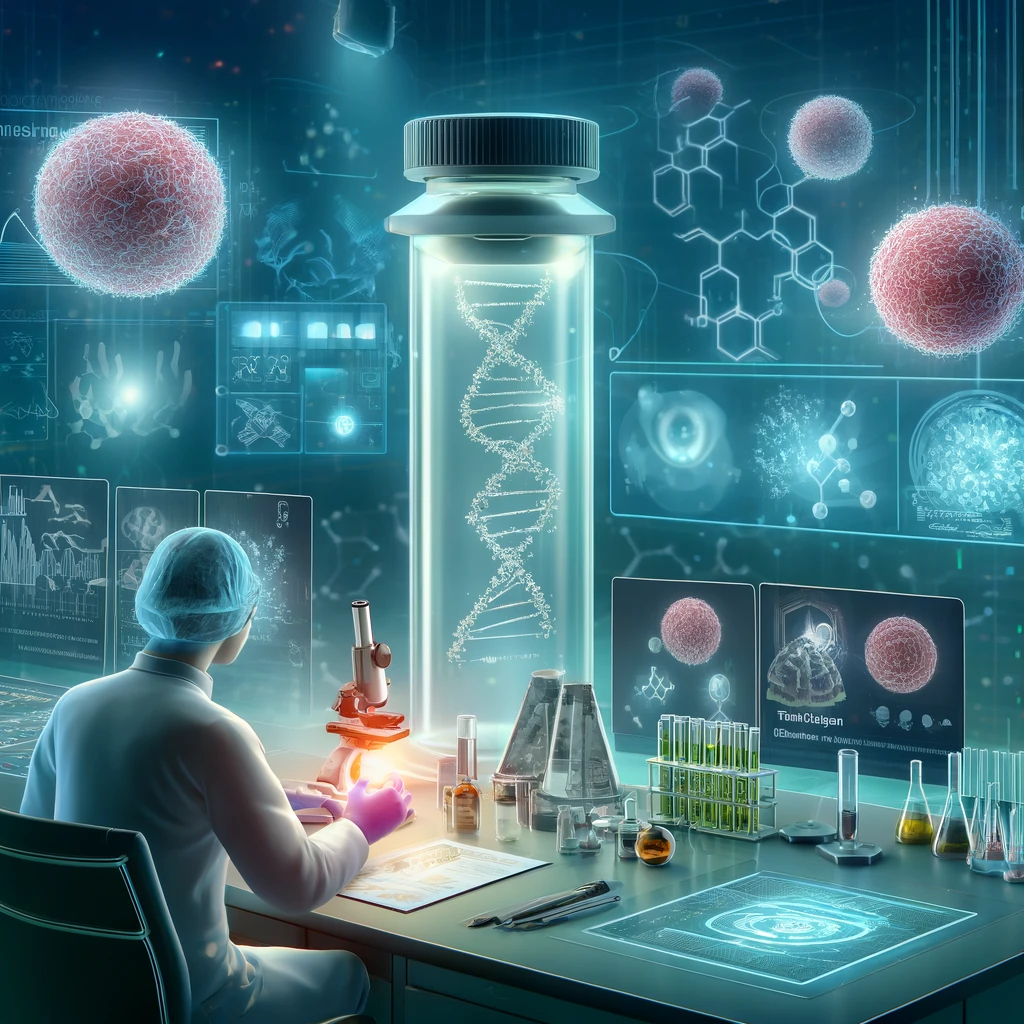South Korea’s Leap into the ADC Revolution
The success story of Enhertu, a pioneering ADC developed by Daiichi Sankyo and AstraZeneca, has catalyzed a global frenzy in ADC research and development. Achieving blockbuster status within three years of its launch, with sales surpassing $2.6 billion, Enhertu’s triumph underscores the potential of ADCs in transforming cancer treatment. This has spurred a race among pharmaceutical giants to carve out a niche in this promising market, projected to reach a valuation of approximately $30 billion by 2030.
The Global Race for ADC Dominance
Global pharmaceutical behemoths like Merck, GSK, and Genmab are actively expanding their ADC portfolios through strategic acquisitions and mergers. Pfizer’s acquisition of the leading ADC firm, Seagen, for a staggering $43 billion, marks the largest deal in this space, highlighting the immense potential and interest in ADC technology. Similarly, AbbVie and BMS have invested billions to bolster their ADC capabilities, signifying a global consensus on the strategic importance of ADCs in the future of oncology.
Korea’s Strategic Moves in the ADC Landscape
Korean biotech firms are not far behind in this global race. Recognized for its dynamic and innovative biotech sector, Korea has seen its companies like LegoChem Biosciences and Hanmi Pharmaceutical make headlines for their groundbreaking work in ADCs. LegoChem Biosciences’ landmark deal with Janssen, a Johnson & Johnson company, involving the ADC candidate LCB84, is a testament to the Korean biotech industry’s growing prominence on the global stage. This deal, valued at up to $1.9 billion, represents a significant milestone in Korea’s ADC journey.
The Flourishing Ecosystem of K-Bio ADC Innovations
Korea’s biotech ecosystem is ripe with innovation, with numerous firms venturing into the ADC space. From traditional pharmaceutical giants like Celltrion and Samsung Biologics to startups like ABL Bio, the Korean biotech landscape is buzzing with activity around ADC research and development. These companies are leveraging cutting-edge technologies to develop ADCs that promise higher efficacy, safety, and patient outcomes, embodying the spirit of innovation that drives Korea’s biotech sector.
Conclusion: Korea’s Ambitious Path Forward
The global enthusiasm for ADCs is mirrored in Korea’s strategic investments and breakthroughs in this domain. As the K-bio sector continues to evolve, it is poised to play a pivotal role in shaping the future of cancer therapy through ADCs. Korea’s journey in the ADC landscape is not just about competing in a high-stakes global market; it’s about pushing the boundaries of science to unlock new horizons in cancer treatment, reaffirming its commitment to innovation and excellence in biotechnology.

In conclusion, Korea’s foray into the development of ADCs marks a significant chapter in its biotech narrative. With its blend of innovation, strategic partnerships,
Geeks’ Briefing: Pioneering Korean Startups Propel Future Industries
Hi, I’m [jeybee]. As a long-time resident of Seoul, I’m passionate about uncovering the authentic, everyday magic of Korea. This blog is my way of sharing my favorite spots, tips, and cultural insights with you, beyond the usual tourist traps.

